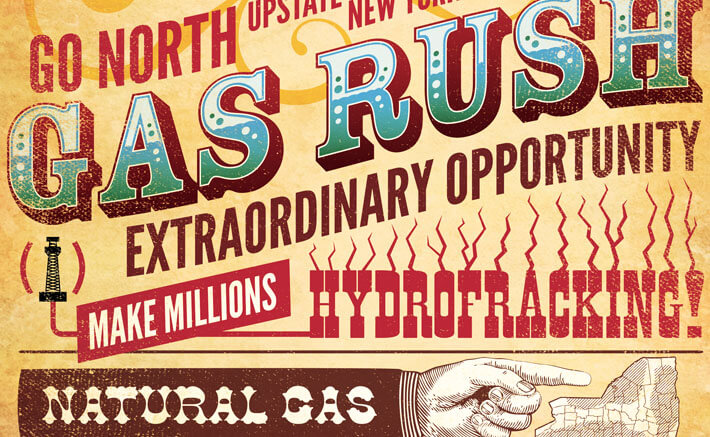BODY COUNT
There are myriad laws regulating the gasoline industry, on all different levels. A gas station owner is responsible for gas spills on his property. If the spills are not cleaned he faces jail time and fines up to hundreds of thousands of dollars. It’s a perfect system, on paper at least.
One of the biggest threats to Long Island’s drinking water in 2011 is MTBE—an additive used to increase the viscosity of gasoline that has impacted dozens of drinking water wells to date. MTBE was banned in 1987. Towns like Plainview have permanent filtering systems in place to keep toxic chemicals out of the water. Many others have had to shut down wells until they are cleaned and the contamination is no longer a threat. Even so, there are still trace amounts of MTBE, which doesn’t degrade over time, found in wells across Long Island, all within the allowed limit.
Considering the DEC doesn’t have the resources to deal with New York’s current contamination issues, it would seem questionable that the agency would be able to regulate and enforce the hydrofracking industry, charge critics. Giving the agency responsibility for overseeing fracking worries environmentalists and other observers because, they say, the agency has been hobbled over the years by severe budget cuts.
Last October, Paterson fired then-DEC Commissioner Pete Grannis after he leaked a memo he sent to the governor protesting the latest round of cuts. Grannis is gone and Martens has taken his place under Cuomo, but the cuts have continued, as the DEC had to lay off another 43 workers just this month.
DEC spokeswoman DeSantis tells the Press that one of the duties of the hydrofracking advisory panel Cuomo appointed will be to make sure that proper oversight exists, and she said that the panel will look at “all state agencies, not just the DEC” for the staff and resources “needed to properly oversee and monitor the industry as well as enforce compliance with regulations and the law.”
Asked whether the Majority Leader Skelos would support more funding for the DEC to oversee hydrofracking, Reif, his spokesman, tells the Press: “The best way to answer that really is that every agency is doing more with less right now….We had to reduce spending and part of that had to come from the agencies.”
Assemb. Sweeney says that because the DEC has “lost money for operating and for personnel…they don’t’ have the ability right now…to be engaging in this at the moment.”
Riverkeeper’s Hudson put it more bluntly.
“There is no way they have adequate staff,” blasts Hudson, who cited recent news reports that the DEC has only 18 field inspectors on staff. “Inspection of the wells is exactly one of the most critical aspects of regulatory oversight, and it is the lack of inspection that has allowed the kinds of accidents that have occurred in Pennsylvania.… If DEC thinks they are going to only permit what they have the staff to oversee, we see that as a losing strategy because the pressure to move forward on permitting is going to be so great they are going to end up in the same position as Pennsylvania: which is regulatory catch-up. They have a drilling explosion going on, and they do not have the staff to keep up with it.”
Matt Cordaro, co-chairman of Suffolk County Legislature’s LIPA oversight committee and a former LILCO executive, referring to the advisory panel: “If the commission is worth its salt, it will recommend that the DEC be given the resources to adequately supervise the fracking operations. I don’t think it’s a problem. If you do it responsibly, hydrofracking can be carried out in an environmentally sensitive manner.”
He contends taxes imposed on the operations could offset the costs of oversight and inspections. Cordaro also notes that hydrofracking eliminates the need for LNG (liquified natural gas) facilities, such as one proposed by Broadwater Energy for Long Island Sound several years ago that was shot down following public outcry, and that as a fossil fuel, natural gas burns cleanly.
Others on the frontline of the East’s Great Gas Rush insist that benefit simply isn’t enough to justify fracking.
“Is natural gas better than oil and coal? Yes,” agrees Esposito. “Is it the answer to the future? No. And that’s the bottom line.”



































